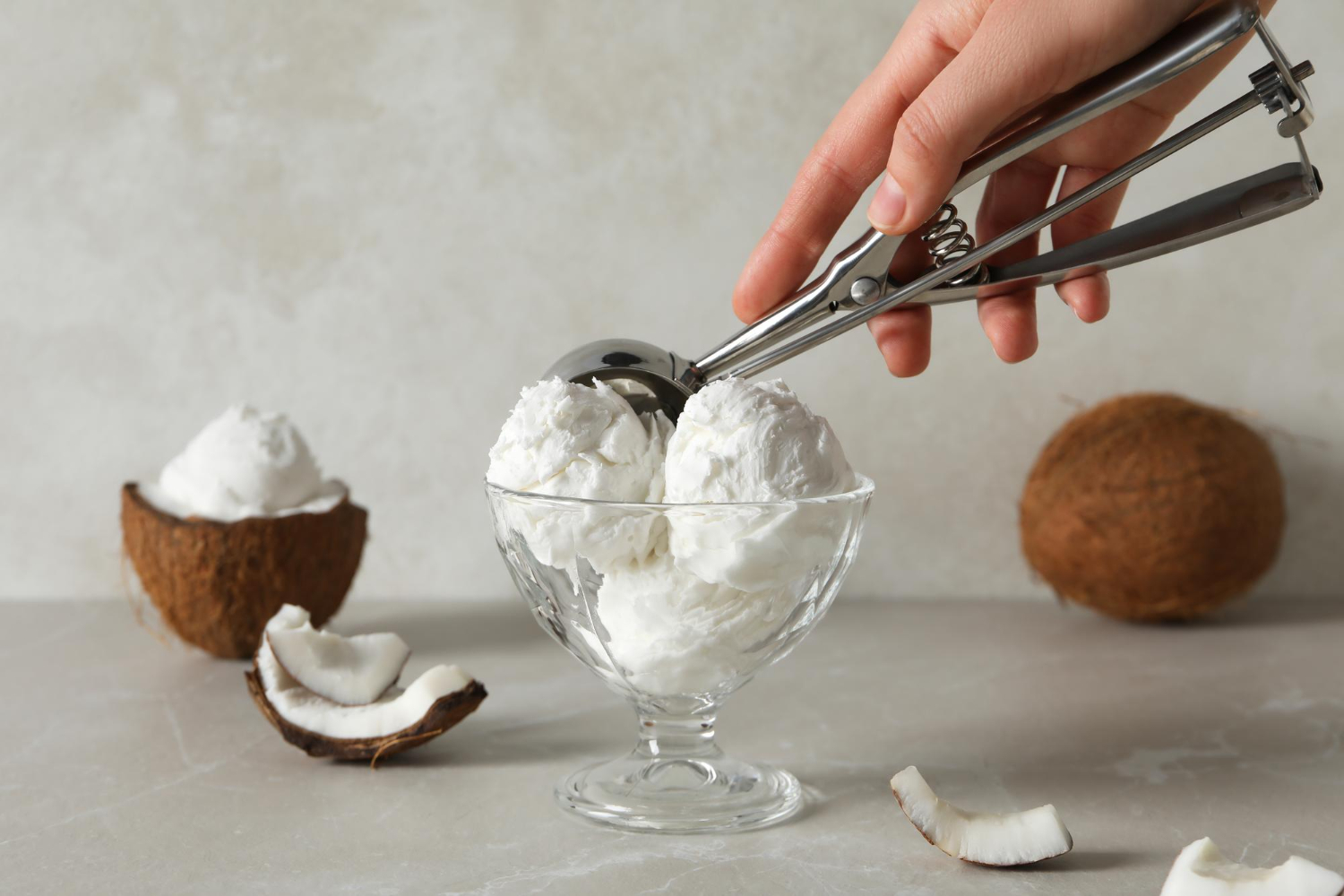Coconut flour is a great-tasting flour that you can use in most recipes. However, it is not the same as the usual flour you ,and it may be a little more complex to work with. If you are thinking of using coconut flour, there are a few things you need to know first.
What Is Coconut Flour?
Coconut flour is created by taking the flakes of the coconut and grinding them down until they become a fine powder. The flour is then used in cooking and baking in place of other types of flour that are typically used.
Is Coconut Flour Healthy?
Coconut flour is gluten-free, low-carb, and high in fiber. It is perfect for those with specific conditions that prevent them from eating gluten and would need higher fiber in their diet. It is also perfect for those who are trying to limit the carbs they consume.
What Are the Things I Need to Know about Coconut Flour?
As mentioned above, coconut flour is not the same as most other flours. There are certain things that you would need to know about it, which are listed below.
- When using coconut flour, it cannot be substituted at a 1:1 ratio for other flour. Most of the time, there is no common formula to use when substituting with coconut flour and it may vary depending on the recipe.
- Coconut flour is very thick and works well as a thickening agent. This is great to know as you can use it in soups and sauces.
- Because coconut flour is highly absorbent, you may need a smaller amount of coconut flour in most recipes. It will easily absorb any liquids that you are mixing in batters, doughs, etc.
- When using coconut flour, be prepared to also use a lot of eggs. It uses a lot more eggs than the standard and traditional flour because coconut flour will rely on eggs as a binding agent.
- Aside from the eggs, because of how absorbent coconut flour is, it may require more liquids in general. Depending on what you are cooking, these liquids may vary from lemon juice to apple cider vinegar.
- If you are not a fan of the taste of coconut, you may not do so well working with coconut flour. It has a distinct taste that would make it stand out in most recipes. The best way to deal with this is to add another strong and distinct taste like cacao, onion, garlic, etc.
- If you are trying to achieve a crispy recipe, then you should not use coconut flour. It absorbs moisture and your food will easily turn soggy.
- As mentioned above, coconut flour absorbs a lot of moisture. This means that when you are storing coconut flour, you have to make sure that it is placed in an airtight container. Otherwise, you will get ruined and lumpy coconut flour, which you may be unable to use in the long run.
Conclusion
Coconut flour is a great alternative to traditional flours used in cooking and baking. There are some things you need to know about using coconut flour and it may be a little bit harder than using the ordinary flour you normally use. However, the taste is distinct, and the results are great for specific recipes.
If you are looking for coconut products like organic coconut oil, organic coconut flour, and more, you can purchase them from us at Ceylon Exports & Trading. We are one of the top wholesale coconut exporters and suppliers in Sri Lanka. Shop from our extensive line of organic, coconut-based products and try them out.






